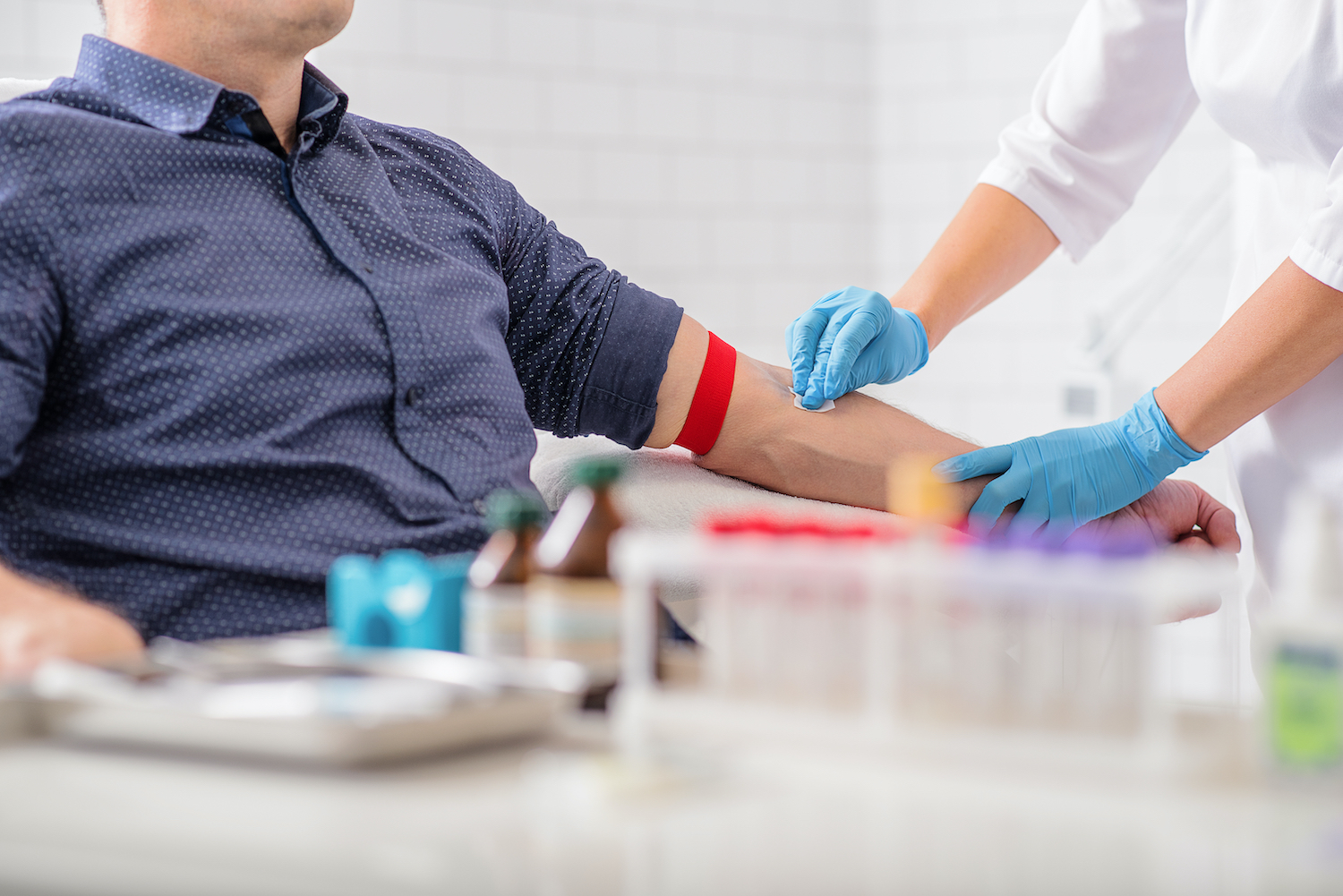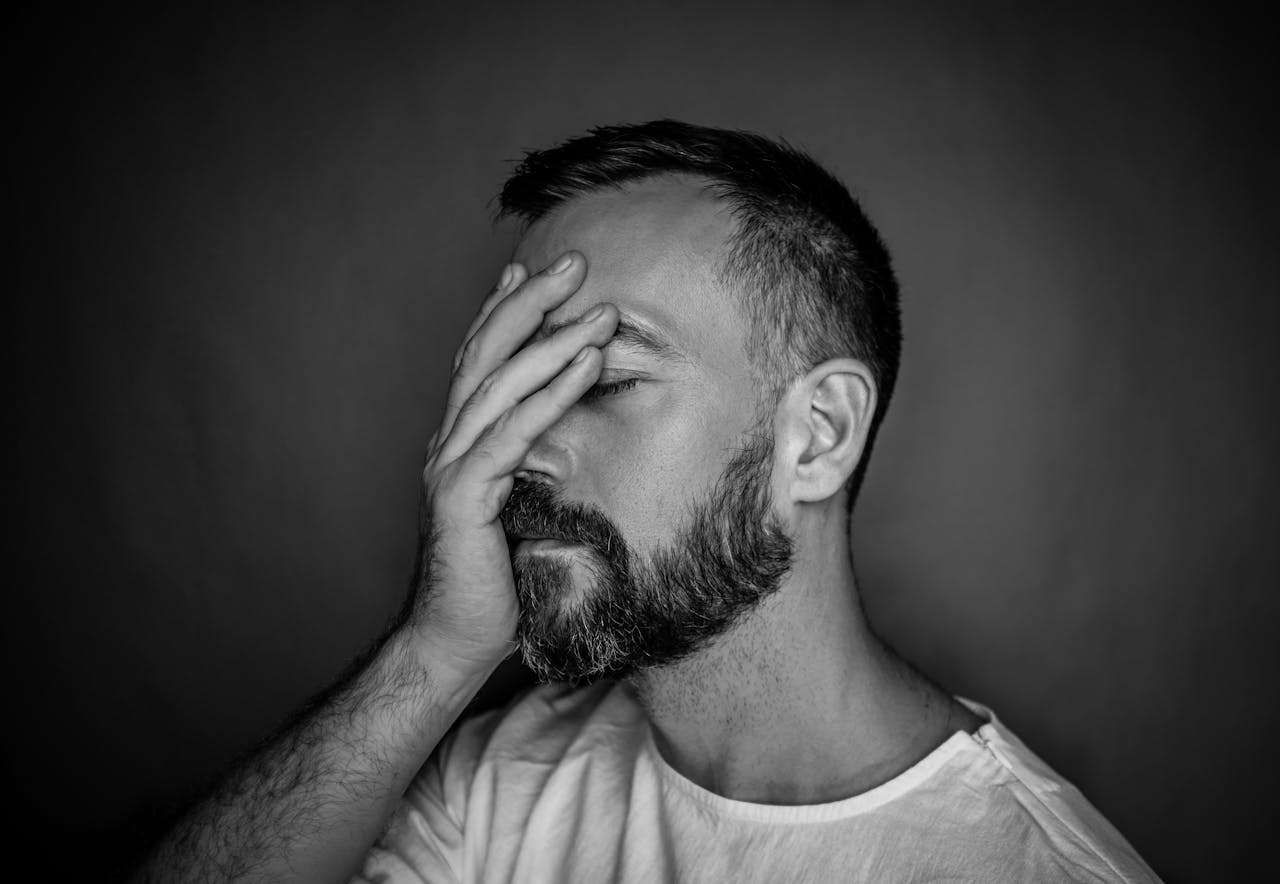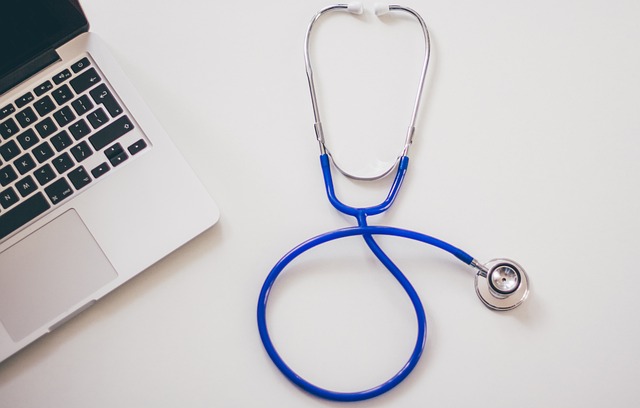Is Erectile Dysfunction Reversible? What You Should Know About Treatment Options

Strong 8k brings an ultra-HD IPTV experience to your living room and your pocket.
Erectile dysfunction (ED), often referred to as impotence, is a condition that affects millions of men worldwide. It is characterized by the inability to achieve or maintain an erection sufficient for sexual intercourse. While ED can be a distressing issue for many, the good news is that there are numerous treatment options available. But the question that arises is: Is erectile dysfunction reversible?
✍️ Don’t let silence make things worse—our article on erectile dysfunction encourages open conversations, medical help, and lifestyle adjustments that lead to real change.
In this comprehensive guide, we will explore what erectile dysfunction is, its causes, and what treatment options are available. We will also delve into whether ED is reversible and how certain medications, lifestyle changes, and medical treatments can help manage or even reverse the condition.
Understanding Erectile Dysfunction
Erectile dysfunction is more than just an occasional problem with getting an erection. It is a chronic condition that occurs when a man has difficulty getting or maintaining an erection for a prolonged period of time. This condition can significantly impact a person’s quality of life and often causes emotional distress, relationship difficulties, and reduced self-esteem.
While it is common for men to experience erectile issues at times, frequent or persistent problems should not be ignored. The underlying causes of ED can range from physical health problems to psychological factors, and understanding these causes is essential to finding the right treatment.
Causes of Erectile Dysfunction
Erectile dysfunction can stem from a variety of factors, often combining physical, psychological, and lifestyle-related issues. Some of the most common causes include:
1. Physical Causes
Cardiovascular Disease: Poor circulation is one of the leading physical causes of ED. Conditions such as heart disease, high blood pressure, or atherosclerosis (narrowing of the arteries) can prevent enough blood flow to the penis.
Diabetes: High blood sugar levels can damage blood vessels and nerves over time, leading to erectile dysfunction.
Obesity: Excess weight can contribute to ED by leading to other health problems, such as diabetes, hypertension, and hormonal imbalances.
Hormonal Imbalances: Low testosterone levels and other hormonal problems can contribute to erectile dysfunction.
Neurological Conditions: Diseases such as Parkinson's disease, multiple sclerosis, and spinal cord injuries can interfere with the nerves that control erections.
Medications: Certain medications for conditions like depression, anxiety, high blood pressure, and allergies may have side effects that cause erectile dysfunction.
2. Psychological Causes
Stress: Financial issues, work pressure, or family problems can lead to stress, which negatively affects sexual performance.
Anxiety: Performance anxiety or worries about one’s sexual abilities can worsen ED.
Depression: Mental health disorders like depression can interfere with libido and erectile function.
Relationship Issues: Communication problems or unresolved issues with a partner can also contribute to ED.
3. Lifestyle Factors
Poor Diet: A diet high in processed foods and low in nutrients can impact your overall health, including erectile function.
Lack of Exercise: Regular physical activity improves circulation and can help prevent ED.
Smoking: Tobacco use is linked to poor circulation, which can impair erectile function.
Alcohol and Drug Use: Excessive alcohol consumption and recreational drug use can impair sexual performance.
Is Erectile Dysfunction Reversible?
Now that we understand the potential causes of erectile dysfunction, let’s address the central question: Is erectile dysfunction reversible?
In many cases, yes, erectile dysfunction is reversible. However, the success of treatment largely depends on the underlying cause of the condition. Some of the most common ways to reverse or manage ED include:
1. Medication: The Role of Erectile Dysfunction Medication
For many men, the most effective way to treat ED is through the use of medication. Several best erectile dysfunction medications are available, each working in different ways to enhance blood flow to the penis and improve sexual performance. Common medications include:
Sildenafil (Viagra): This is one of the most well-known and widely used medications for ED. It works by inhibiting the enzyme PDE5, which allows blood to flow more easily to the penis.
Tadalafil (Cialis): Similar to Viagra, Cialis is a medication that works by increasing blood flow to the penis. It has a longer duration of action than Viagra, making it a preferred option for some men.
Vardenafil (Levitra): This medication also works similarly to Viagra and helps improve erectile function.
Avanafil (Stendra): A newer ED medication that works quickly and with fewer side effects.
These erectile dysfunction medications are often prescribed by a doctor after diagnosing the underlying cause of ED. It is important to note that while these medications can significantly improve erectile function, they do not cure the underlying causes of ED. However, they are highly effective for most men and can help them regain a satisfying sexual experience.
2. Lifestyle Changes
In many cases, making positive lifestyle changes can either reverse or significantly improve erectile dysfunction. Some key changes that can help manage ED include:
Improving Diet: A healthy diet rich in fruits, vegetables, whole grains, and lean proteins can improve blood circulation and help reduce the risk of conditions like heart disease and diabetes, both of which contribute to ED.
Exercising Regularly: Physical activity improves blood flow, reduces stress, and helps maintain a healthy weight. Cardiovascular exercises, such as running, swimming, or cycling, are particularly beneficial.
Quitting Smoking: Smoking is a major risk factor for ED due to its negative effects on blood circulation. Quitting smoking can improve circulation and reduce the risk of ED.
Limiting Alcohol: Excessive alcohol consumption can lead to temporary erectile dysfunction, and chronic drinking can contribute to long-term issues. Moderating alcohol intake can help improve erectile function.
Managing Stress and Mental Health: Addressing the psychological causes of ED through therapy, mindfulness, or relaxation techniques can improve symptoms.
3. Psychological Treatment
If psychological factors are contributing to ED, psychological treatment can play a significant role in its reversal. Common approaches include:
Cognitive Behavioral Therapy (CBT): This type of therapy helps men address negative thought patterns and behaviors that may be contributing to ED.
Couples Counseling: For relationship-related issues, therapy with a partner can improve communication and sexual intimacy.
Stress Management Techniques: Techniques such as meditation, yoga, and relaxation exercises can help manage stress and anxiety, which can in turn alleviate erectile dysfunction.
4. Surgical Interventions and Devices
In cases where medications and lifestyle changes do not provide relief, surgical options may be considered. Some of the surgical treatments for ED include:
Penile Implants: A penile implant is a device surgically inserted into the penis to allow for an erection. It is typically recommended for men who have not responded to other treatments.
Vascular Surgery: In cases of severe erectile dysfunction caused by poor blood flow, surgery to improve circulation may be considered.
5. Alternative Treatments
Some men may explore alternative treatments for ED, including herbal supplements, acupuncture, and other natural remedies. However, it is important to consult with a healthcare provider before trying these methods, as their effectiveness and safety are not always well-established.
Conclusion: Can Erectile Dysfunction Be Reversed?
The good news is that erectile dysfunction is often reversible, depending on its cause. Medications, lifestyle changes, and psychological therapies can effectively manage or even reverse the condition in many men. In some cases, surgical treatments may be necessary if other approaches fail.
It is essential for men experiencing ED to speak with their healthcare provider to determine the underlying cause and the most appropriate treatment plan. In many instances, a combination of medication, lifestyle changes, and psychological support can lead to significant improvements in sexual health and overall quality of life.
Whether you’re looking for the best erectile dysfunction medication or exploring lifestyle changes, the key is to take proactive steps toward improving your health and seeking professional guidance. With the right treatment approach, ED is no longer an insurmountable challenge.
Note: IndiBlogHub features both user-submitted and editorial content. We do not verify third-party contributions. Read our Disclaimer and Privacy Policyfor details.







